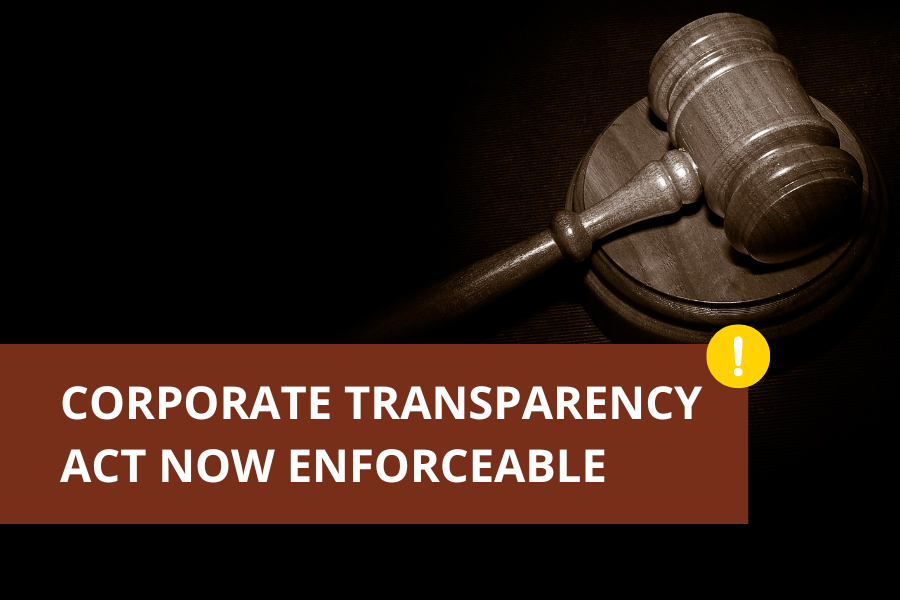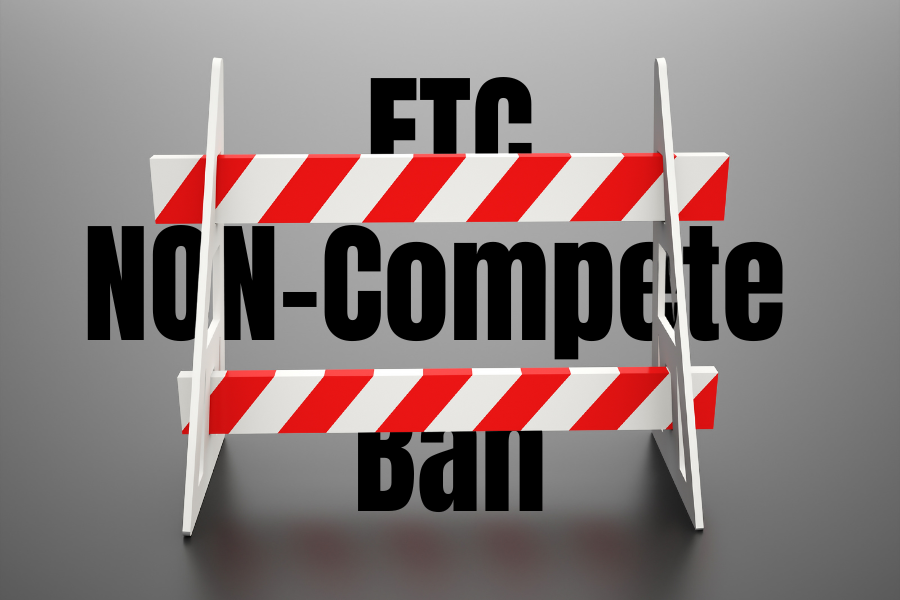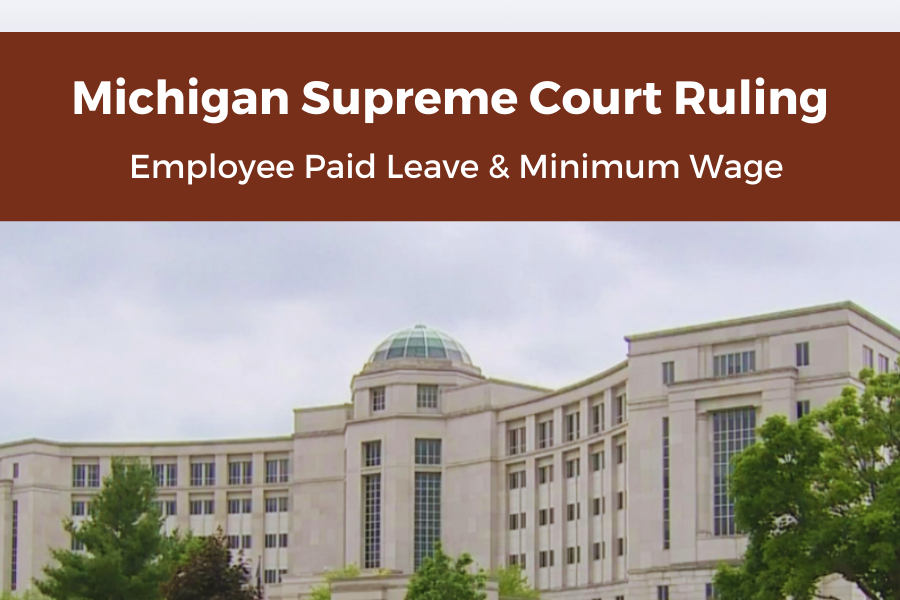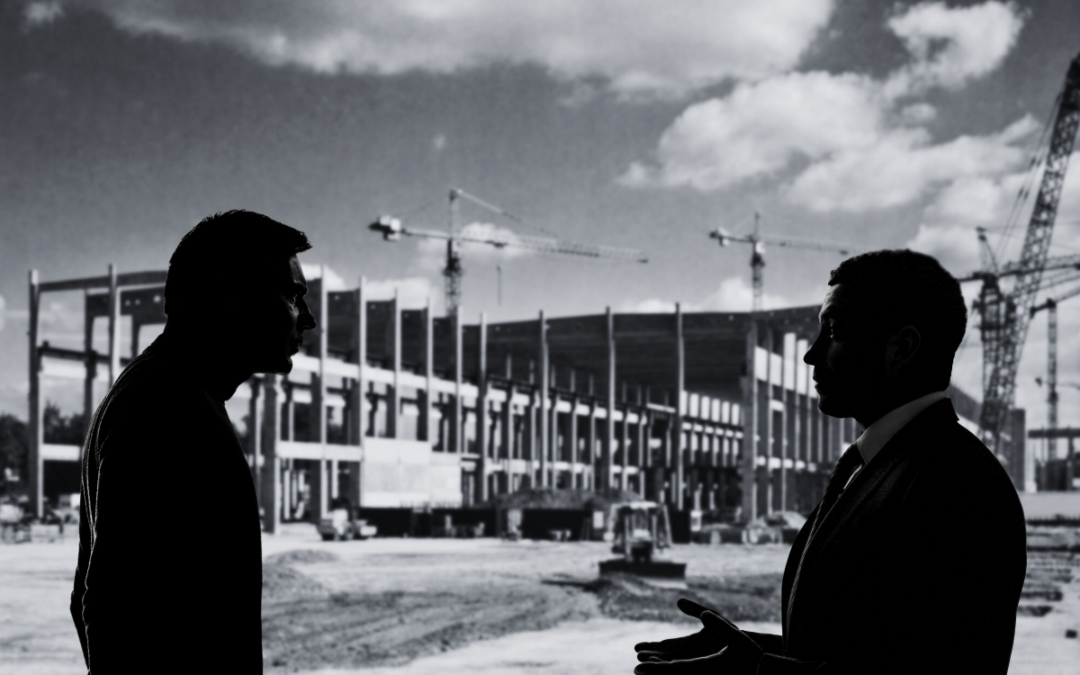This Construction Forecast presents trends and potential hurdles from issues we are hearing “on the street” and offers insight from a legal counsel perspective.
- As construction sites reopen, many owners and contractors are requiring waivers and releases related to COVID-19. Contractors are dealing with how to act if a contracting party asks them or their employees to sign a waiver and release. Contractors should consider all the pitfalls that might come with these waivers. Waivers should be carefully reviewed before signed, or before you ask anyone to sign them.
- Section 11 of Executive Order 77, the most recent edition authorizing construction work to begin in Michigan, contains multiple requirements and protocols that must be observed while performing work. What happens if trade contractors treat these requirements and protocols differently? What if someone refuses to wear a mask, for example? What rights and responsibilities do you have to enforce these procedures and what happens if you don’t? You should understand how the contract impacts these kinds of job site disputes, if at all.
- Commercial bankruptcies for April 2020 were actually down 35% compared to April 2019, largely because of massive government intervention. But that does not mean that all companies will survive the economic fallout from COVID-19. Companies should understand what to do if a contracting party or supplier files for bankruptcy protection.
- Over a million businesses received forgivable Paycheck Protection Program (“PPP”) loans to cover payroll and other expenses. Under the statute, forgiveness of the PPP loan is not taxable as forgiveness-of-debt income. However, recent guidance from the IRS states that expenses paid for with PPP loan proceeds that would otherwise be deductible—like payroll—cannot be deducted. As a result, unless Congress makes changes, the PPP will have significant tax implications that were not apparent when the program was introduced and when many businesses applied for it.
- When businesses applied for PPP loans, they certified that the uncertainty from the COVID-19 crisis made the loan necessary. On April 23—well after many businesses filled out their PPP paperwork and received loan proceeds—the Treasury Department attempted to clarify the “economic necessity certification” largely as a reaction to entities like Harvard, the LA Lakers, and Ruth’s Chris receiving loans. Treasury has stated that it will audit loans over $2 million but has given little guidance on what “necessary” means. Initially, Treasury included a safe harbor provision if the loan was repaid before May 7; however, the safe harbor deadline has been extended until May 14. This situation remains fluid, and we are monitoring the changing guidance so that our clients can be as certain as possible about not facing penalties and having their PPP loans forgiven.
Hilger Hammond will continue to engage with the construction industry to understand what is affecting you and help you navigate through it. If you have any questions concerning any of these topics, please contact us.










